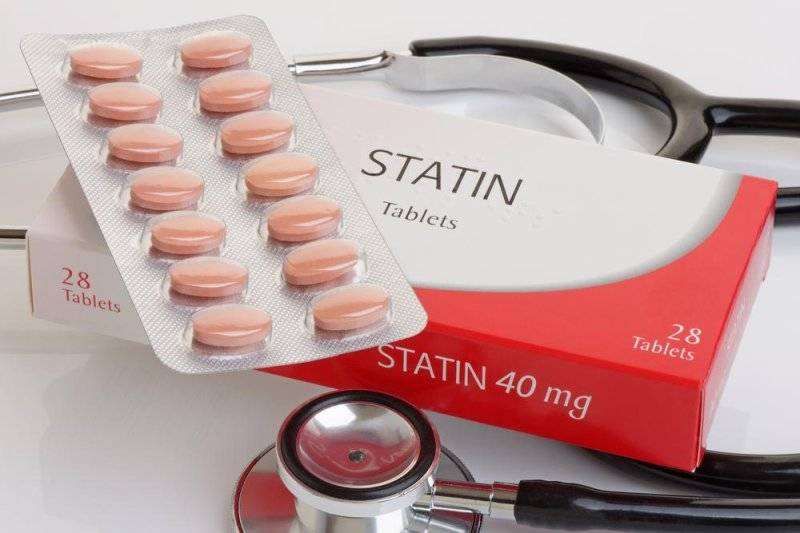Adam's Apple
Senior Member
- Apr 25, 2004
- 4,092
- 449
- 48
Improper Statin Use May Cause Heart Attacks
Medically Reviewed on December 18, 2006
(HealthCentersOnline) - Patients who are taking statins improperly may be putting themselves at risk for avoidable heart attacks, according to the results of a new study.
Statins are a type of medication used in the treatment of high blood lipids levels, such as cholesterol and triglycerides. Statins block the production of specific enzymes used by the body to make cholesterol.
for full article:
http://www.healthology.com/heart-heath/heart-health/news/article4002.htm
Medically Reviewed on December 18, 2006
(HealthCentersOnline) - Patients who are taking statins improperly may be putting themselves at risk for avoidable heart attacks, according to the results of a new study.
Statins are a type of medication used in the treatment of high blood lipids levels, such as cholesterol and triglycerides. Statins block the production of specific enzymes used by the body to make cholesterol.
for full article:
http://www.healthology.com/heart-heath/heart-health/news/article4002.htm





